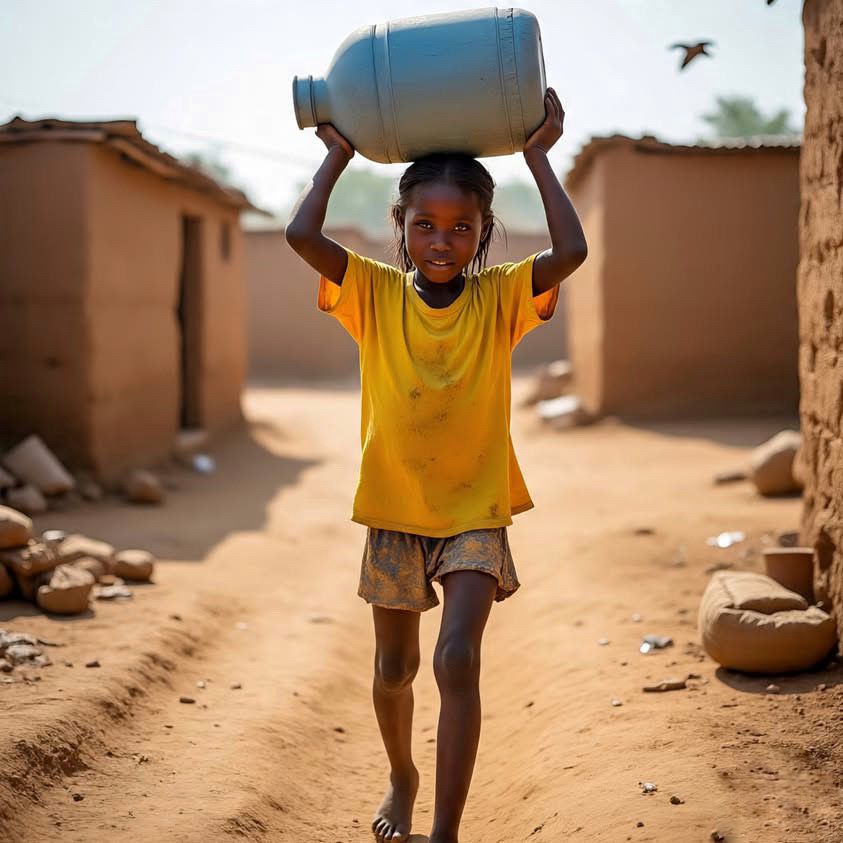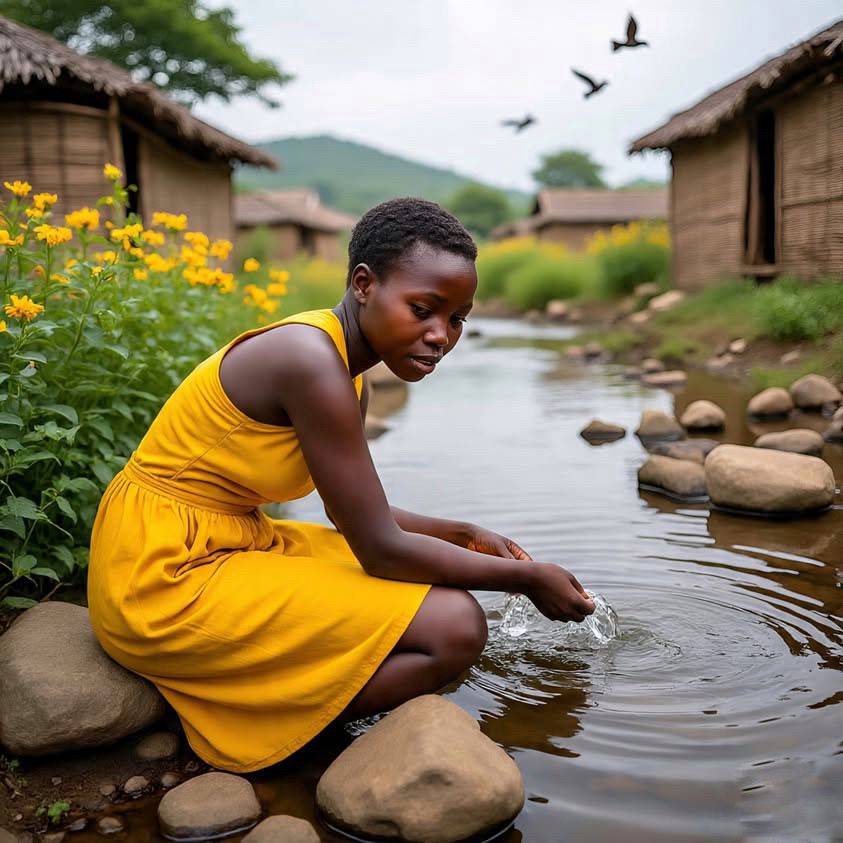When I first started thinking about water as something more than just what comes out of my tap, I was sitting in a lecture hall listening to a professor talk about the sociology of resources. She asked us to imagine waking up one morning and finding out that the water we had always taken for granted suddenly belonged to someone else. That moment stuck with me because it forced me to reckon with a reality millions of people face every day. Understanding the sociology of water and why it matters.
Water sociology examines how societies organize themselves around this essential resource. It looks at who gets access to clean water, who controls it, and what happens when those dynamics shift. The field emerged from recognizing that water is not just a chemical compound or a natural resource but a social good deeply embedded in power structures, cultural practices, and economic systems.
I remember visiting a small farming community a few years ago where generations of families had relied on the same river for irrigation. Then a company came in and started diverting water upstream for commercial use. The farmers did not lose their land overnight, but they watched their yields shrink season after season. Their children started moving to cities. The community that had existed for over a century began to dissolve. That experience taught me that water rights are not abstract legal concepts. They determine whether communities survive or disappear.

The concept of water rights varies dramatically across different legal systems and cultures. In some places, water belongs to whoever owns the land beneath which it flows. In others, water is considered a public trust managed by the state for the benefit of all citizens. Some Indigenous communities view water as a living entity with rights of its own, not as property to be owned at all. These different frameworks shape everything from how cities plan their infrastructure to how farmers make decisions about crops.
What makes water sociology particularly fascinating is how it reveals the invisible hierarchies in our societies. Access to clean drinking water correlates strongly with income, race, and geographic location. We saw this play out dramatically in Flint, Michigan, where predominantly Black and low-income residents were exposed to lead-contaminated water while officials downplayed the crisis. The water quality issues were technical problems, sure, but the decision to switch water sources and the slow response to resident complaints were fundamentally social and political failures.
Climate change has amplified these inequalities in ways that previous generations never had to consider. Droughts last longer. Floods come more frequently. The predictable patterns that communities built their lives around have become unreliable. When water becomes scarce, those with economic and political power typically secure their access first. Those at the margins find themselves competing for what remains. I have watched this pattern repeat itself from California to Cape Town to Chennai.

The privatization of water systems represents another crucial dimension of water sociology. When municipalities sell their water infrastructure to private companies, the promise is usually improved efficiency and better service. But turning water into a commodity changes the relationship between people and this essential resource. Instead of being a right guaranteed to all citizens, water becomes a product sold to consumers. What happens to those who cannot afford to pay? The sociological implications of treating water as a market good rather than a human right extend far beyond economics.
Yet water also brings people together in remarkable ways. Community wells become social gathering spaces. Shared irrigation systems require cooperation and negotiation. Water festivals celebrate cultural connections to rivers and lakes. These social dimensions of water often get overlooked in policy discussions focused purely on allocation and efficiency. When we think about water only in terms of cubic meters and delivery systems, we miss how deeply it shapes human relationships and community identity.
Agricultural water use presents some of the thorniest challenges in water sociology. Farming consumes roughly seventy percent of global freshwater withdrawals, yet small-scale farmers often have the weakest legal claims to water. Large agribusiness operations with better lawyers and political connections secure water rights that smaller operations cannot access. This dynamic shapes rural poverty, food security, and migration patterns in profound ways.
Looking at water through a sociological lens also means examining gender dimensions. In many parts of the world, women and girls bear primary responsibility for collecting water for their households. When sources are far from home, this task can consume hours each day that could otherwise go toward education or income generation. Improving water access is not just an infrastructure project but a pathway toward gender equity.
Reference.
Bakker, K. (2010). Privatizing water: Governance failure and the world’s urban water crisis. Cornell University Press.
Swyngedouw, E. (2004). Social power and the urbanization of water: Flows of power. Oxford University Press.
United Nations General Assembly. (2010). Resolution 64/292: The human right to water and sanitation (A/RES/64/292). United Nations. https://undocs.org/A/RES/64/292

